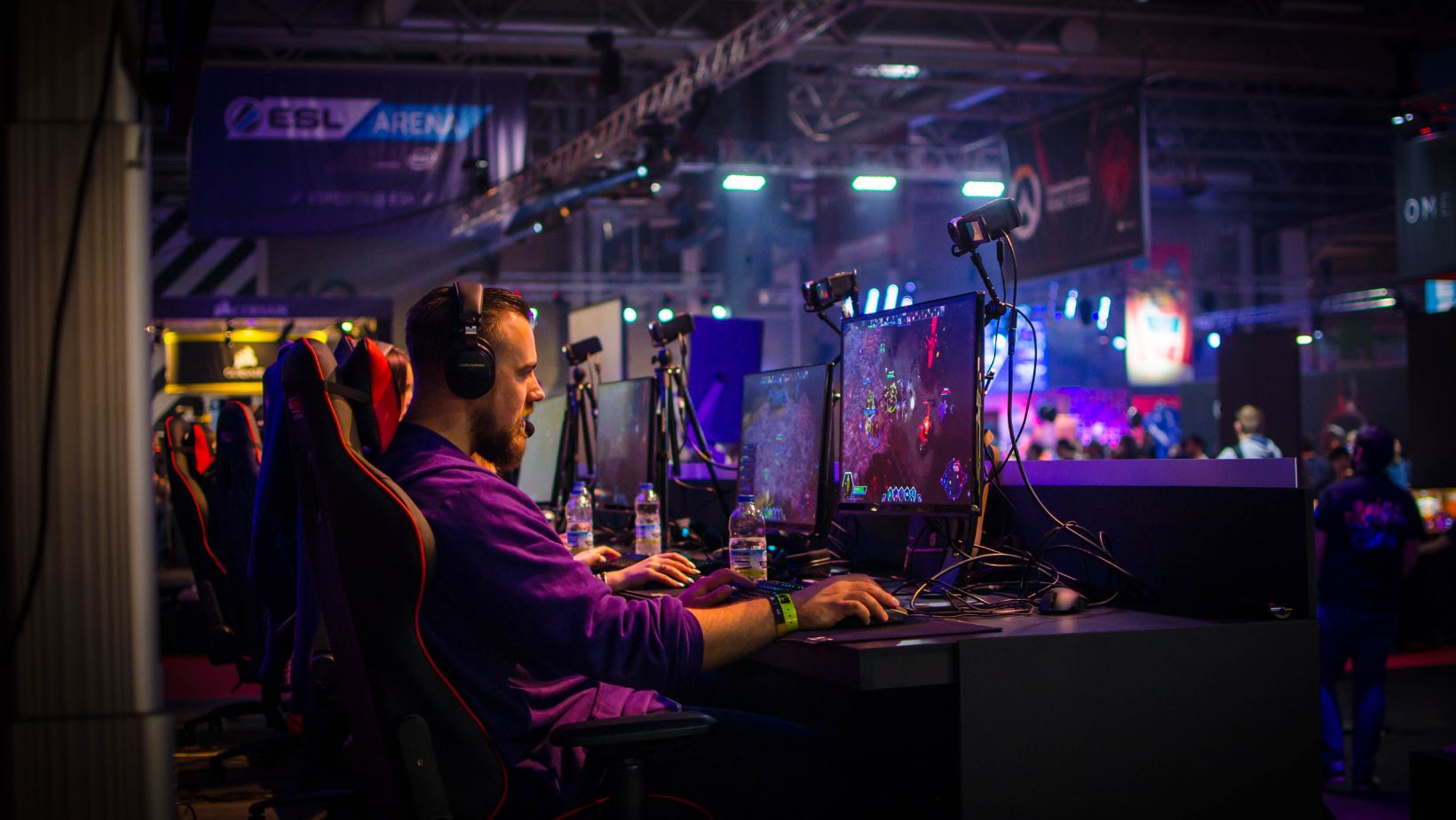In recent years, the gaming industry has been rocked by waves of turmoil: studio closures, mass layoffs, and cancellation of numerous projects. These events prompt contemplation about the fate of an industry that not long ago experienced a true renaissance. However, despite unprecedented challenges, the video game industry remains one of the most profitable and fastest-growing entertainment sectors globally. There is a constant increase in interest in esports competitions among sports betting enthusiasts. By choosing a reliable bookmaker, such as Melbet Indonesia, bettors can earn decently from their knowledge of esports.
In this article, we will examine the key factors shaping the current landscape of the gaming industry and attempt to answer the question: is it really dying, or is it simply undergoing a painful transformation?
Troubling Symptoms: Waves Of Layoffs And Closures
The figures for the past year and a half are truly alarming. In 2023, over 11,000 employees in the gaming industry were laid off. And in the first months of 2024, this trend only accelerated – over 6,000 people lost their jobs. Giants like Electronic Arts, Sony, and Microsoft underwent massive restructuring, closing numerous studios and laying off thousands of employees worldwide.
The causes of this unprecedented crisis are diverse. Rising game development costs and reduced investments, advancements in artificial intelligence technology, changes in consumer habits after the COVID-19 pandemic – all of these have forced publishers and developers to significantly reassess their expenditures and optimize their workforce.
Perhaps the most telling example is the Embracer Group, which has been actively acquiring studios in recent years. When a $2 billion deal fell through, the company was forced to sell off assets, close divisions, and lay off 1,400 employees in February 2024 alone.
New Technologies Changing the Game Rules
In addition to financial difficulties, the gaming industry is also being shaken by technological changes. Artificial intelligence is increasingly being integrated into development processes, allowing significant savings on labor costs. For example, the head of Electronic Arts stated that AI could potentially affect 60% of all game development operations. And although it is too early to talk about mass replacement of human labor, further advancements in AI will inevitably lead to a new wave of layoffs.
However, artificial intelligence is not the only technology changing the industry landscape. Cloud gaming and subscription-based gaming are gaining an increasing audience every day, gradually replacing physical media. And the largest gaming presentations and award ceremonies today surpass even the iconic “Oscars” in scale.
At the same time, unexpected hits are emerging from independent developers, such as Palworld, which reached an incredible 10 million sales within a week. The growing engagement of the audience is also evident in other “viral” events, such as the return of the original map in Fortnite, which attracted a record-breaking 44 million online players.
Games Are Not Dying; They Are Evolving
Despite current upheavals, the gaming industry is undoubtedly alive and continues to develop at a rapid pace.

As the dust settles from the global adjustments, and new business models and technologies become established, we will witness a colossal leap in the industry.
Interest in classic franchises is being revived – the debut trailer for GTA 6 broke viewing records and remasters of cult games continue to break sales records. Meanwhile, players can expect new, exciting worlds from leading developers and unexpected discoveries from independent studios.
Esports will continue its expansion, attracting millions of viewers and participants to key tournaments and competitions. And the return of large-scale exhibitions and conferences after the pandemic serves as a vivid testament to the resilience and attractiveness of gaming culture worldwide.
Financial analysts are confident that despite temporary difficulties, the gaming industry demonstrates sustainable growth in all segments. By 2025, its aggregate revenue is expected to exceed $200 billion, with the number of gamers approaching 3 billion.
So, is the industry experiencing death or massive transformation? More likely, the latter. Business models are changing, technologies are evolving, and new player preferences are forming. But the passion for virtual adventures, captivating worlds, and endless challenges is alive like never before. And as long as this passion burns in the hearts of billions of gamers worldwide, the gaming industry will thrive.




















